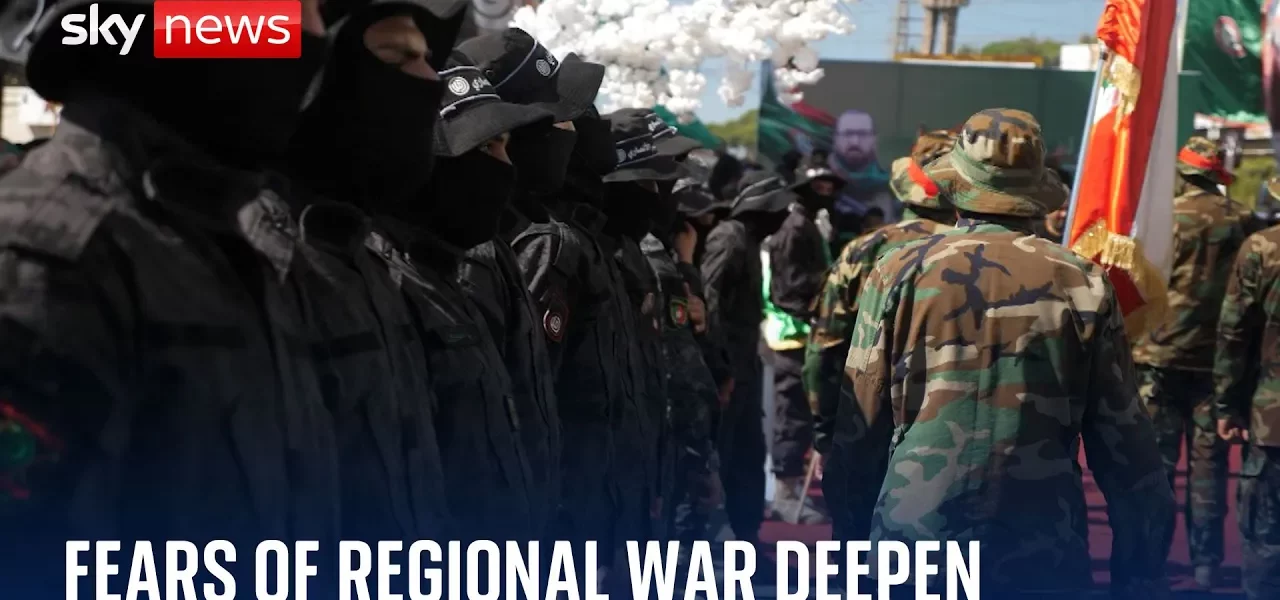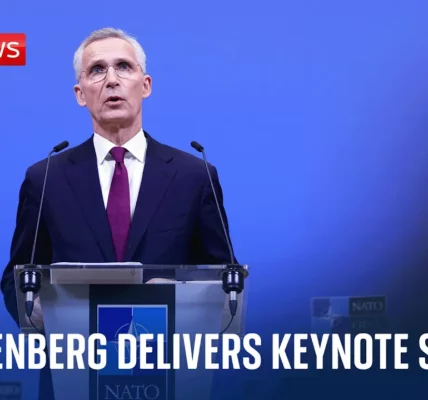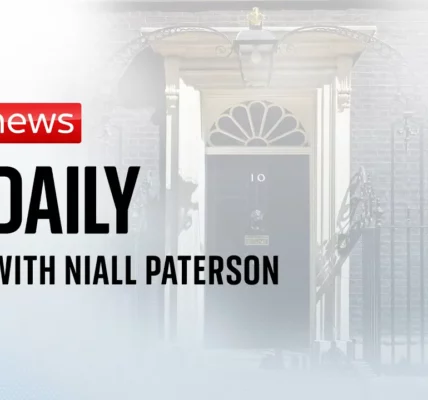Escalating Tensions: The Funeral of Aman Idris and Ongoing Conflict in Southern Lebanon

As the conflict between Lebanon and Israel intensifies, the recent funeral of fighter Aman Idris highlights the deep-seated grief and anger within the community. This article delves into the ongoing violence, the implications of Idris’s death, and the fragile state of peace in the region.
Introduction
The town of Naatia in Southern Lebanon has become a focal point of mourning and anger following the death of Aman Idris, a militant associated with the Amal movement, allied with Hezbollah. Amidst rousing music and solemn ceremonies, community members gathered to pay their respects, reflecting a broader narrative of grief and defiance in the face of ongoing conflict with Israel. This situation not only underscores the immediate emotional responses to violence but also highlights the cyclical nature of retaliation in this region. The community’s resolve to continue fighting illustrates a profound commitment to their cause, setting the stage for further escalations in an already volatile area.
The Impact of Aman Idris’s Death
The assassination of Aman Idris has sent shockwaves throughout Southern Lebanon and beyond. As a member of a militant group, his death symbolizes the ongoing struggle against perceived aggressions from Israel. Family members and friends mourned deeply during the funeral, with Idris’s son visibly affected as he bid farewell to his father.
Community Reactions
- Widespread grief and anger among local residents.
- Increased solidarity within Shiite groups like Amal and Hezbollah.
- Public expressions of defiance against Israel’s military actions.
Funeral Ceremonies
The atmosphere during the funeral was one of sorrow mixed with determination. Many attendees expressed their commitment to continue the fight, reiterating a collective memory of previous conflicts.
The Broader Conflict with Israel
The tensions between Lebanon and Israel have a deep history, characterized by cycles of violence and retaliation. The recent events serve as a stark reminder of the fragile peace that exists.
Retaliation and Escalation
- Israel’s preemptive strikes against militant groups.
- The retaliatory actions from Hezbollah and its allies.
- The cyclical nature of violence leading to further conflict.
The Role of Hezbollah
Hezbollah’s engagement in the conflict is pivotal. As they continue to respond to Israeli actions, the potential for a larger war looms. The group’s commitment to defending Southern Lebanon has become a rallying point for many.
The Human Cost of Conflict
The ongoing violence has taken a significant toll on the civilian population in both Lebanon and Northern Israel. With cross-border fire remaining a constant threat, many families are forced to flee their homes in search of safety.
Displacement and Fear
Tens of thousands of people have been displaced, illustrating the human cost of political and military decisions. Many families have sought refuge in safer areas, creating an atmosphere of uncertainty and fear.
Life in Southern Lebanon Today
The mood in Southern Lebanon is one of unease. Residents express concern over the potential for miscalculations that could escalate into full-blown war.
Conclusion
The funeral of Aman Idris serves as a poignant reminder of the ongoing conflict in Southern Lebanon. As tensions persist and the threat of escalation looms, the community remains resolute in its defense against perceived aggressions. The cycle of violence shows no signs of abating, and the international community must pay attention to the plight of those caught in this enduring conflict. For further insights on the situation in Lebanon and related topics, explore our other articles.
“`




